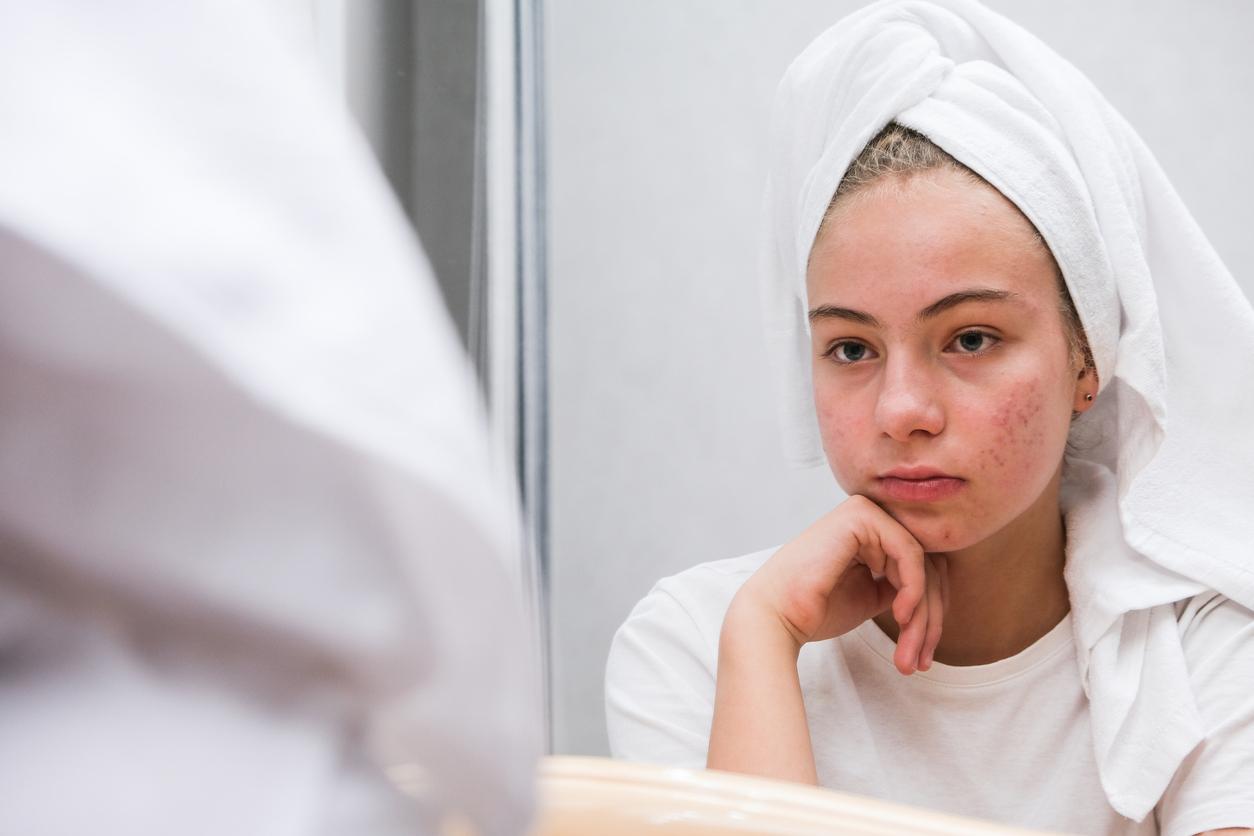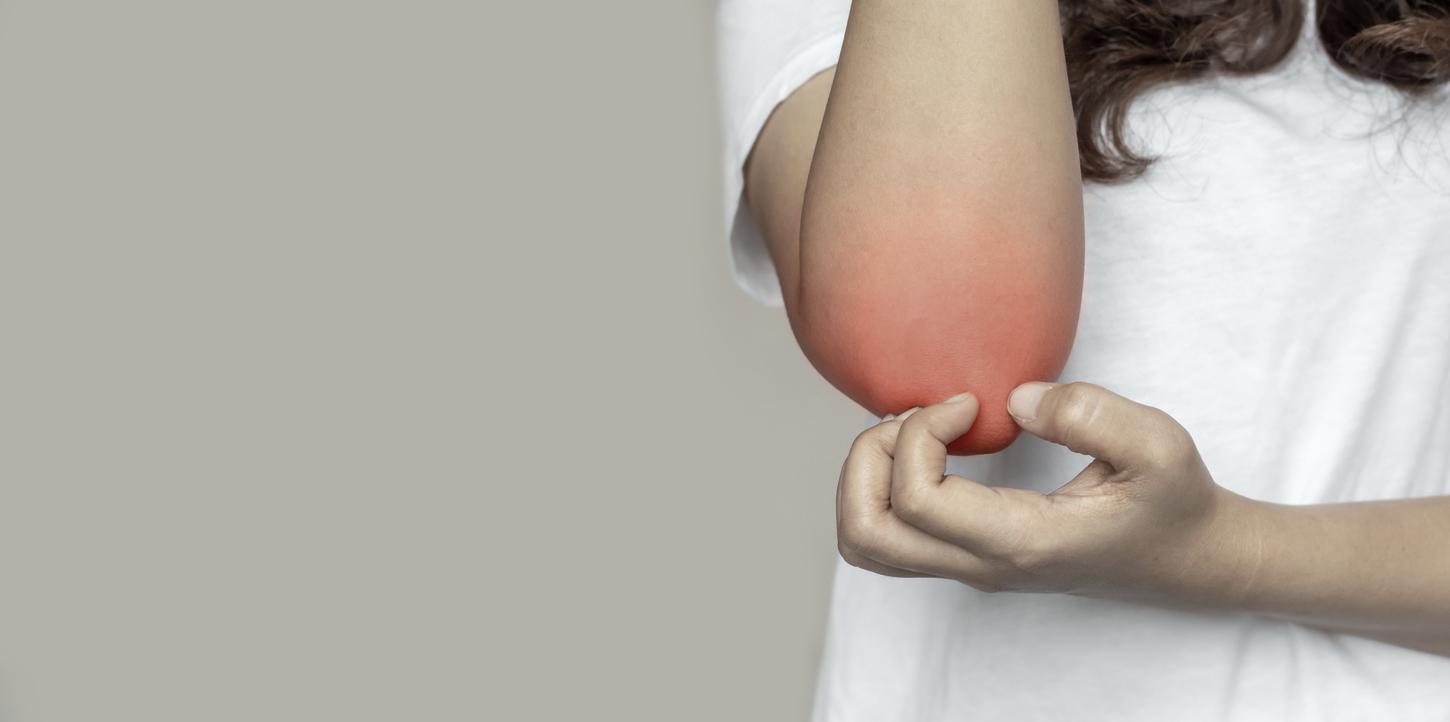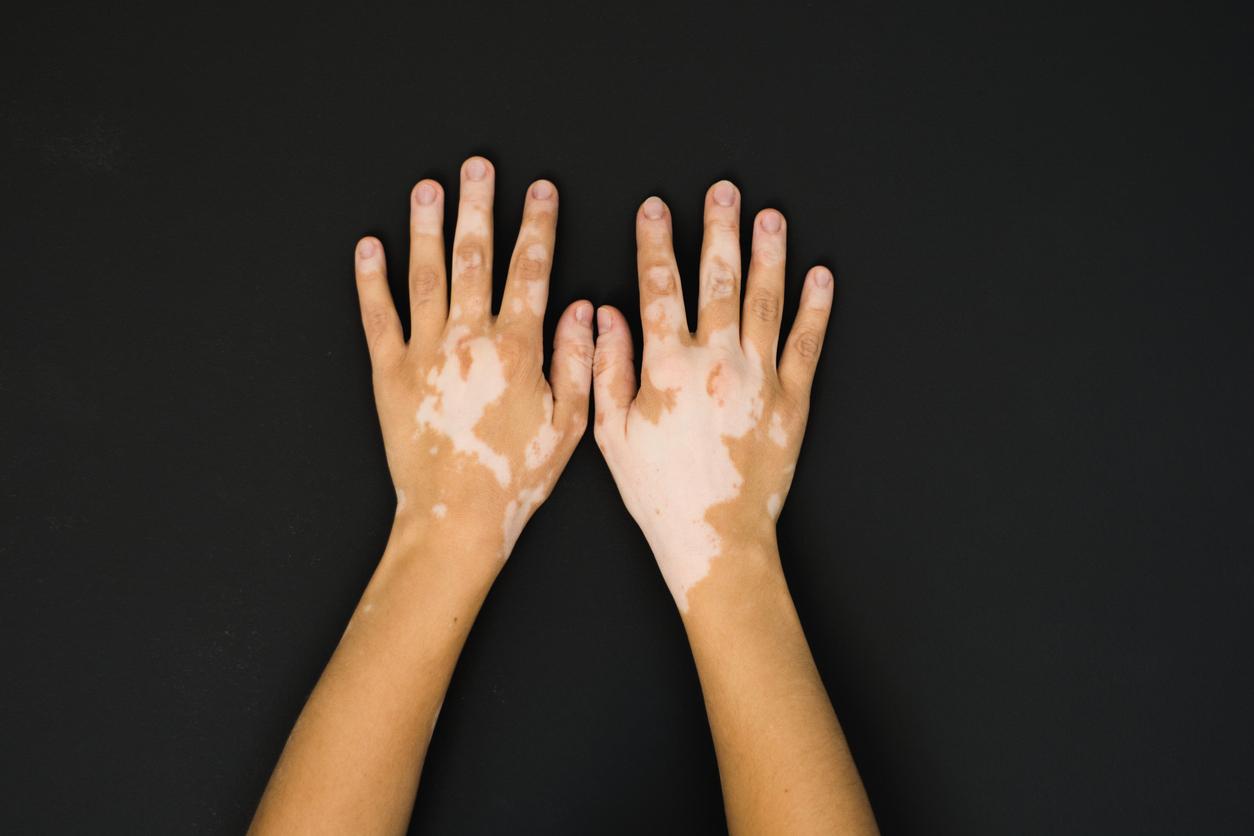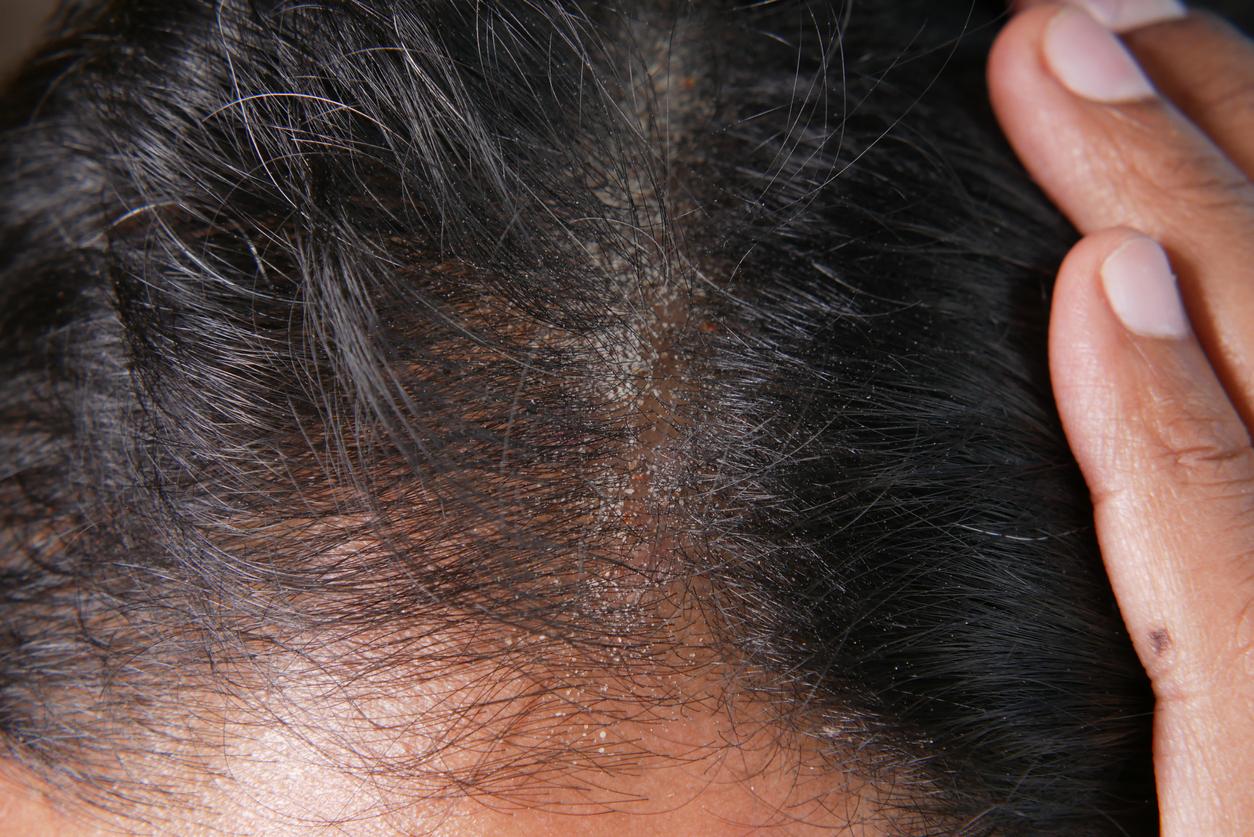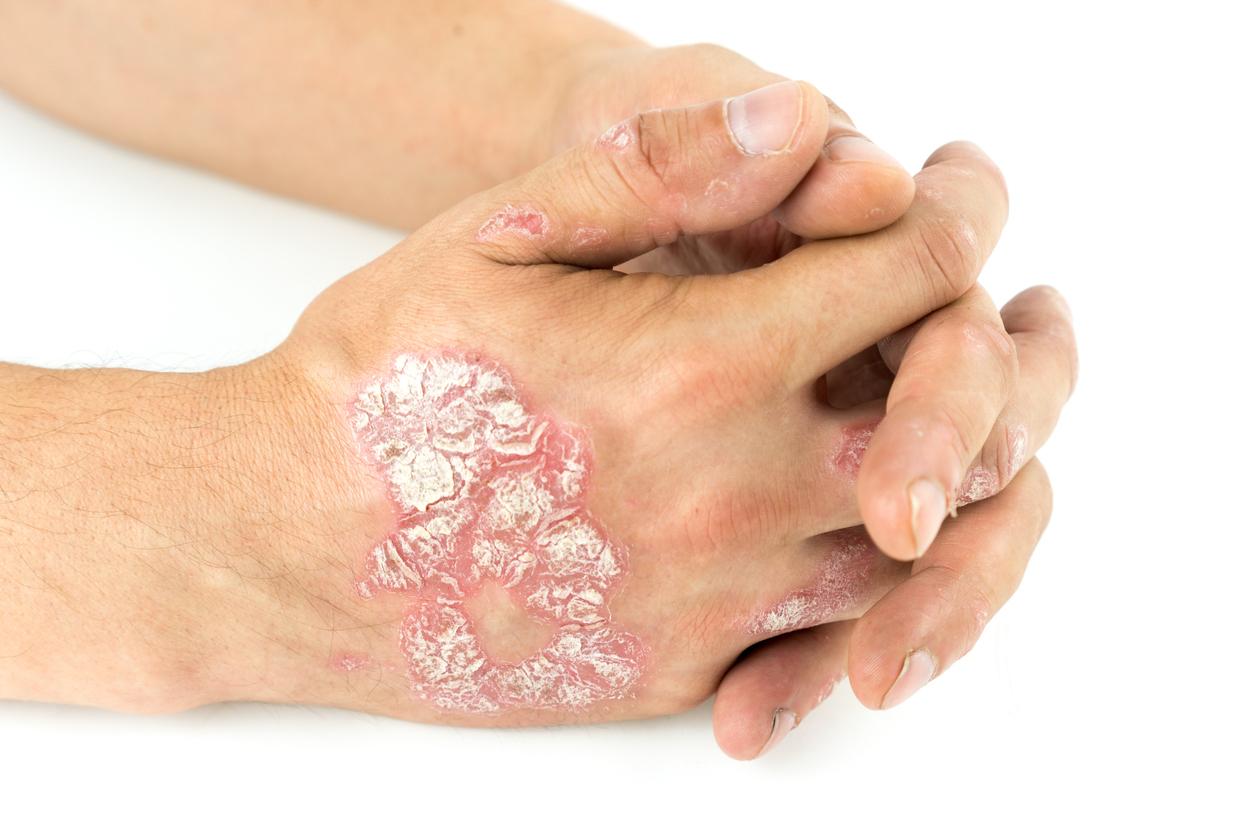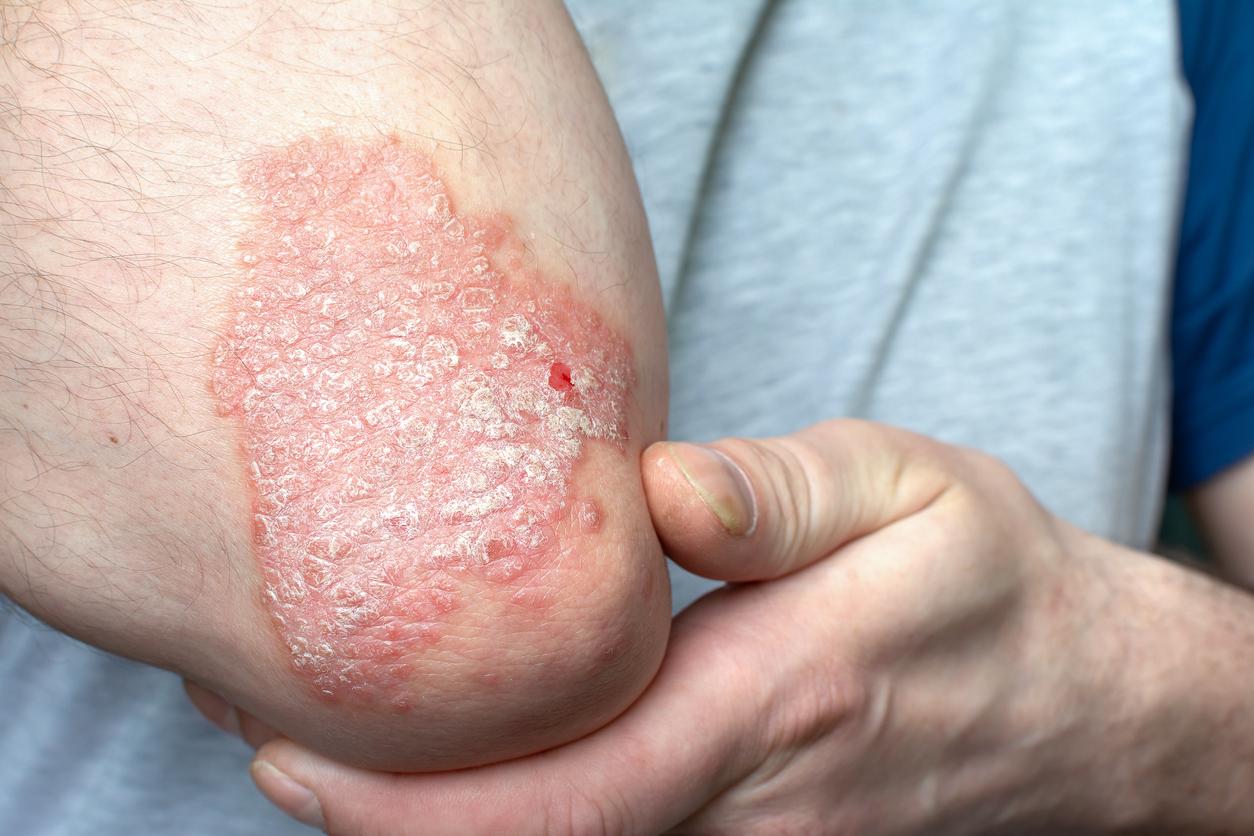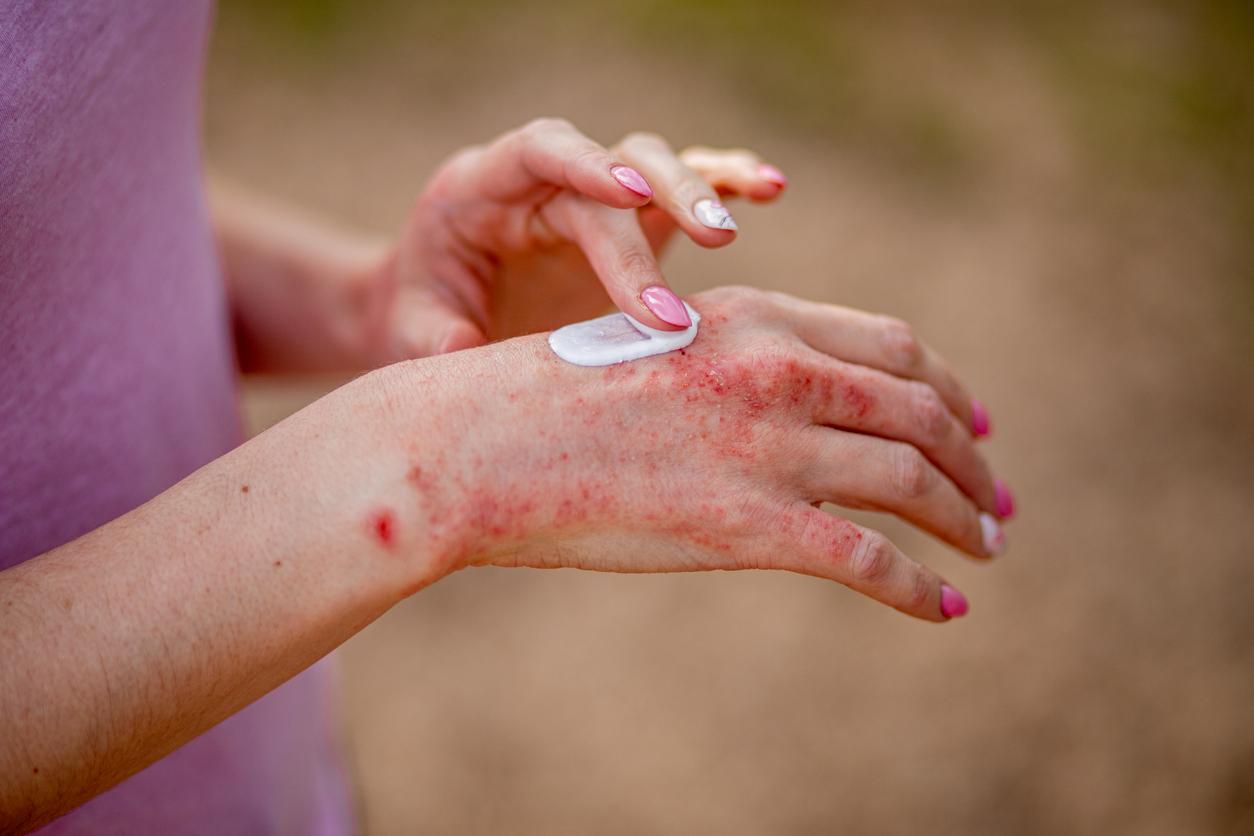Pr Marie Beylot-Barry, vice-president of the Center for Evidence in Dermatology (CDP) for the SFD, is campaigning to set up new coordination and information actions concerning oral isotretinoin (ex-Roaccutane®).
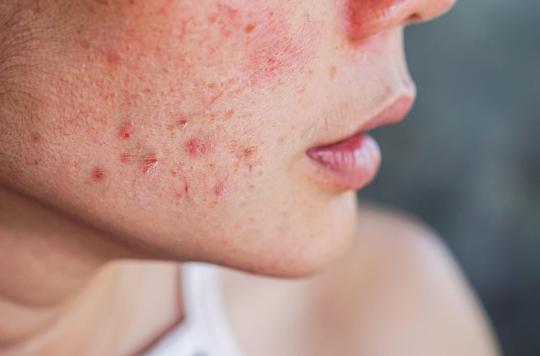
- Acne is a chronic skin disease that occurs during hormonal changes.
- Acne affects more than 3 out of 4 teenagers.
- It also affects adults: 12% of women and 3% of men.
Oral isotretinoin (Curacne®, formerly Roaccutane®) is currently the only potentially curative treatment for severe acne, which can cause significant scarring on the skin and considerably impair the quality of life of patients. During the Paris Dermatological Days, Pr Marie Beylot Barry recalled the new rules for prescribing this drug, which is already highly regulated given the risks it can pose to fetuses (malformations) and adolescents (depression, suicide). She also proposed new actions.
“A risk of psychic decompensation cannot be excluded”
Usually prescribed as second-line treatment, after failure of initial treatments, in particular based on cyclins, oral isotretinoin must be initiated by the dermatologist. It validates the indication and adapts the prescription, taking into account the risks of side effects that must be anticipated and managed. “Firstly, the risk of malformation of the fetus requires effective contraception before the initiation of treatment, throughout the duration of treatment and for the first month following discontinuation of treatment”, explains Professor Marie Beylot Barry (Bordeaux University Hospital).
“Concerning the psycho-behavioral disorders reported, it is often difficult to distinguish between the drug origin, the acne itself or the psychological disorders linked to adolescence”, adds the expert. “While no increase in the incidence of depression and suicidal ideation has been noted on a population scale, an individual impact with a risk of psychic decompensation cannot be excluded, requiring close attention to patients”, she continues. Finally, the almost constant skin dryness caused by oral isotretinoin is often very uncomfortable on a daily basis. “Appropriate advice to limit this dryness must be given to best support patients”, judge mary Beylot Barry.
Strengthening measures
In addition to the measures already in place, reinforcement measures have been introduced:
– need for a double consultation before any initiation of treatment (an information consultation, followed by a prescription consultation), in order to allow the patient sufficient time for reflection.
– Systematic prescription of emergency contraception and condoms in the event of oral contraception (estrogen-progestogen or progestogen), considered less reliable than an IUD (Intra-Uterine Device) or an implant.
– Monthly medical follow-up of all patients, including males, in order to ensure the good tolerance of the long-term treatment.
Additional actions
The renewal of the treatment can be provided by the dermatologist, but also by the general practitioner, or alternately, “requiring good coordination between the two”, judge mary Beylot Barry. “The dissemination of information and the improvement of communication between professionals therefore represent important issues and actions in this direction must be taken”. notes the vice-president.
“It would also be desirable, as was underlined during meetings with the ANSM, to strengthen information tools (leaflets, QR code on medicine boxes referring to explanatory leaflets, etc.) in order to help better patients with practical guidance in managing potential side effects”, she concludes. An information project for pharmacists, often the first point of contact for patients, is also underway.

.










